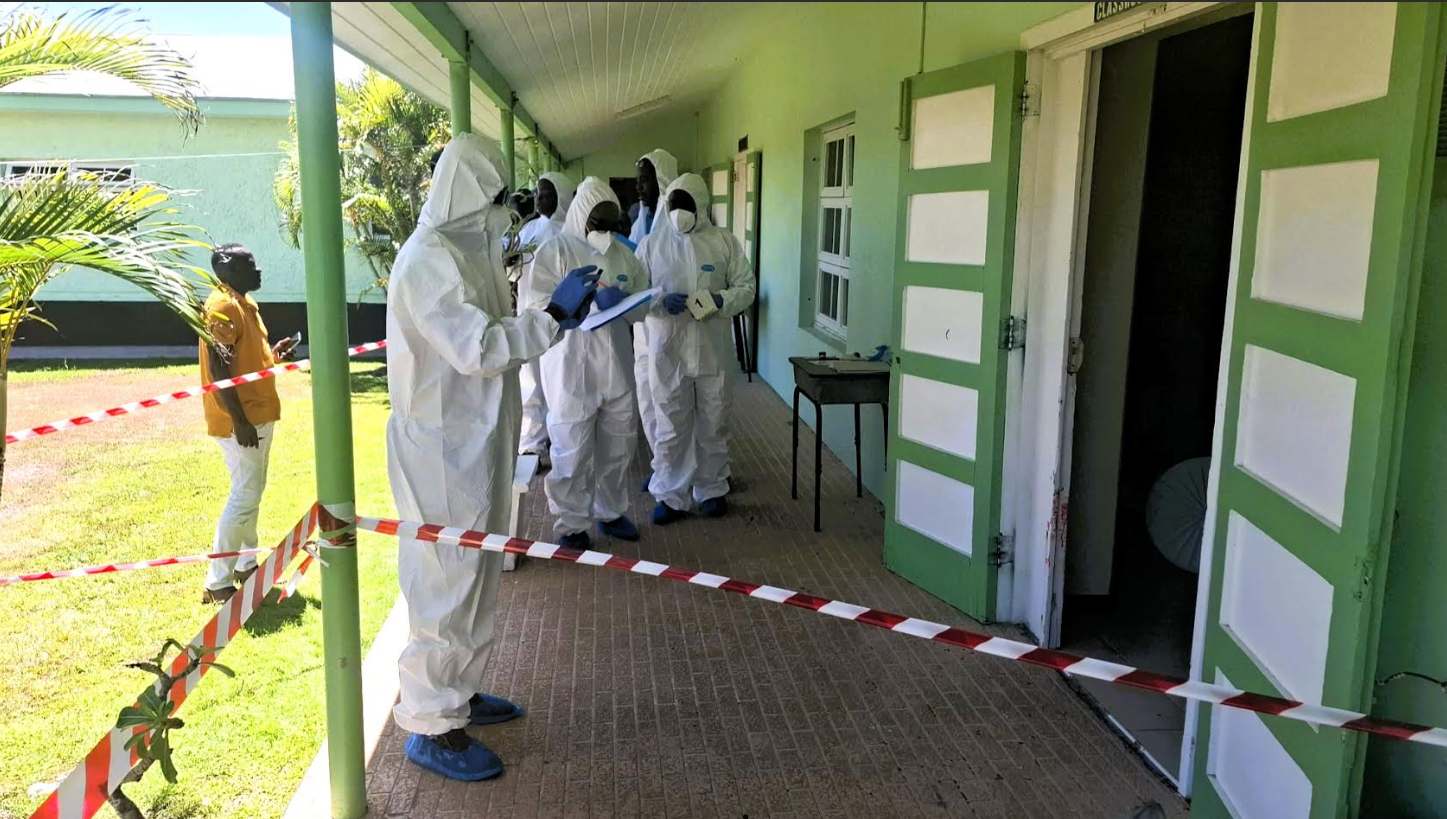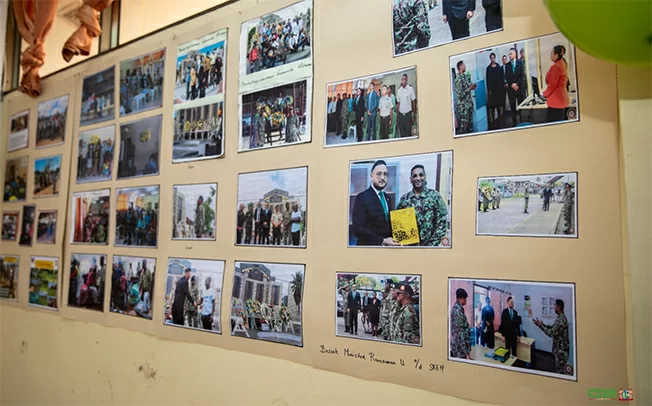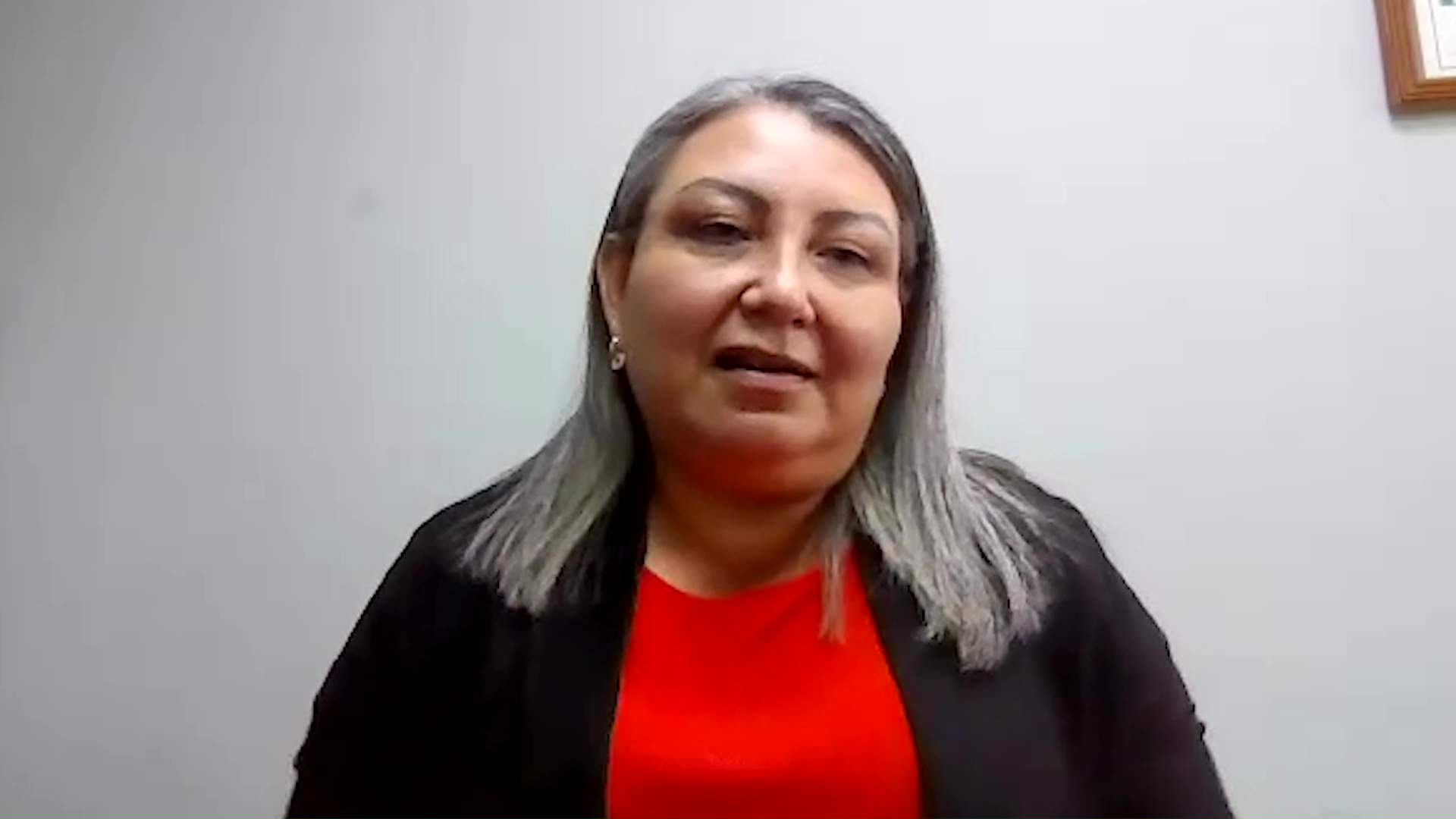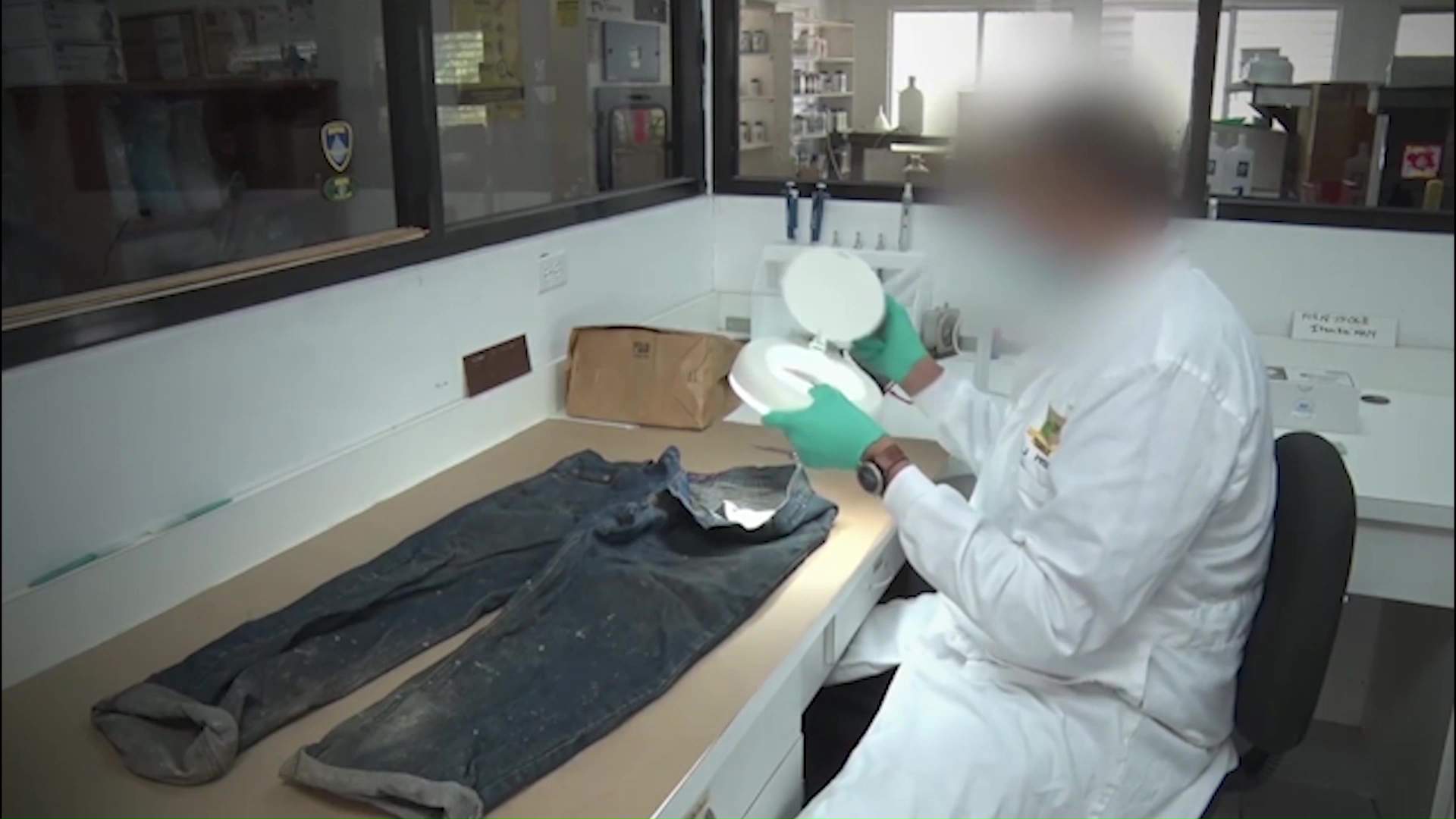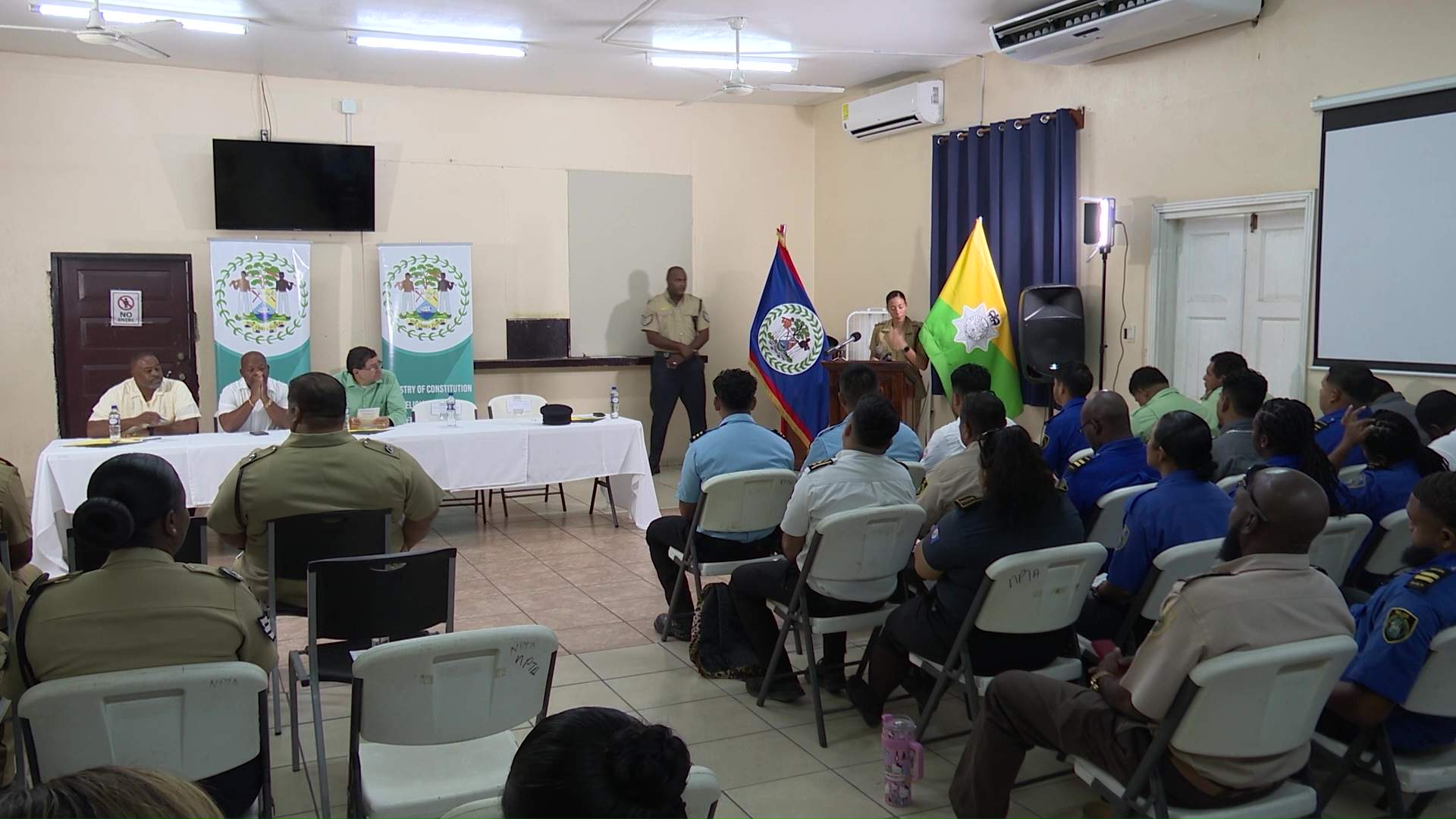Senior law enforcement officials from across the Caribbean have successfully concluded an intensive training program focused on evidence-based investigations and human rights. The initiative, organized under the United Nations Development Programme’s (UNDP) PACE Justice Programme, was hosted at the Regional Security System (RSS) headquarters in Paragon, Christ Church. The five-day workshop, attended by approximately 40 high-ranking officers from ten Caribbean nations, was a collaborative effort involving the UNDP, the United Nations Office on Drugs and Crime (UNODC), the RSS, the European Union (EU) Agency for Law Enforcement Training (CEPOL), and the EU Delegation to Barbados and the Eastern Caribbean.
The training curriculum emphasized advanced investigative techniques, forensic documentation, evidence collection, and the application of modern investigative tools. This initiative is part of a broader regional strategy to enhance police professionalism, improve case management, and foster public trust in the justice system. It addresses critical gaps identified in UNDP assessments, particularly in crime scene handling and investigative case building, which are essential for strengthening Caribbean justice systems.
Timothy Maynard, Permanent Secretary of the Office of the Attorney General, underscored the importance of the training, stating, ‘Police investigation is the foundation of any effective justice system. Public confidence in justice begins with the integrity and professionalism of police investigations. This training is crucial to ensuring justice is people-centred — accessible, responsive, and inclusive.’ Assistant Superintendent Cecil Watson of the RSS highlighted the program’s structured mentorship component, which provides tailored guidance to address the unique complexities of national cases and specific country needs. He added that the initiative aligns with broader regional efforts to elevate policing standards, enhance justice delivery, and build resilient law enforcement institutions.
Alessandro Tedesco, the EU attaché for security, justice, and human rights, emphasized the EU’s commitment to supporting Caribbean law enforcement, describing the presence of European trainers as ‘a tangible sign of the EU’s dedication to fostering justice reform through collaboration.’ Limya Eltayeb, UNDP resident representative for Barbados and the Eastern Caribbean, praised the initiative as ‘a powerful example of what can be achieved through regional and international cooperation.’ She noted that the training is part of the PACE Justice Programme’s comprehensive reform agenda, which includes technology upgrades, legislative support, and peer learning to modernize justice delivery and strengthen institutions across the Caribbean.
